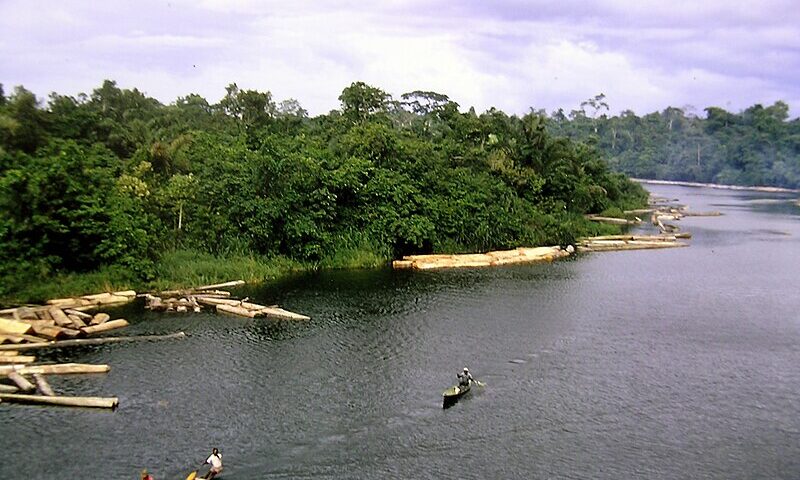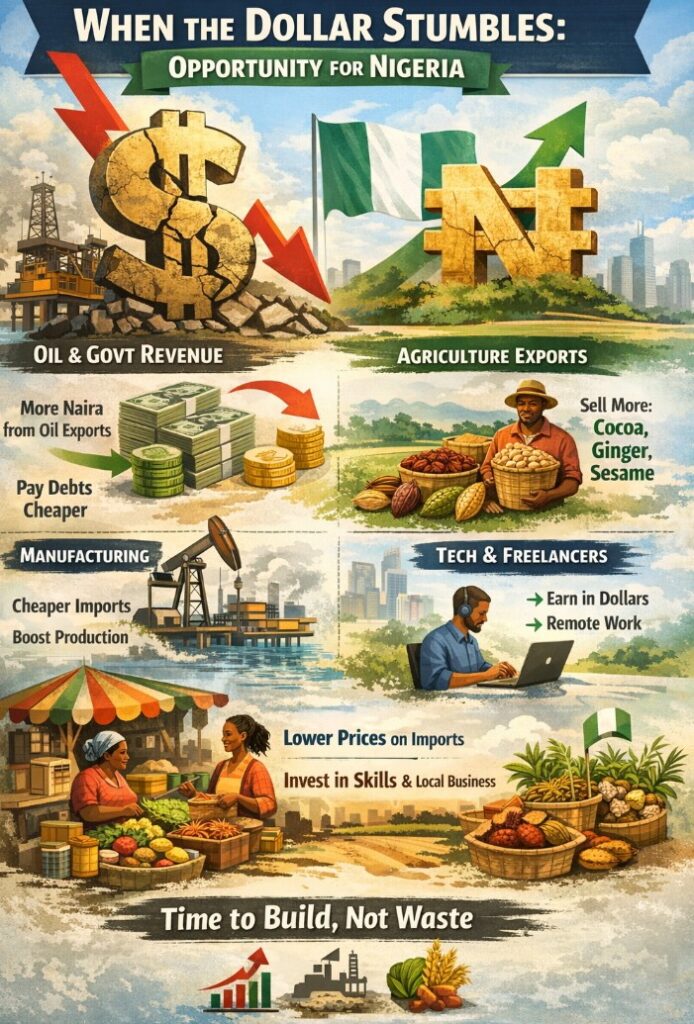Lessons from The Gambia and Senegambia’s Blue Economy Development
Introduction
Bayelsa State, with its rich biodiversity of mangroves and rainforests, holds great potential for eco-tourism. However, environmental challenges such as oil spills and pollution, coupled with security issues, threaten this opportunity. By drawing lessons from successful eco-tourism models in The Gambia and Senegambia, Bayelsa can develop a sustainable strategy that enhances community involvement and infrastructure while preserving its natural resources.
Eco-Tourism Potential in Bayelsa State
Bayelsa’s diverse ecosystems, from dense mangrove forests to biodiverse rainforests, make it an ideal candidate for eco-tourism. The state’s coastal region also offers immense potential for blue tourism, which focuses on marine and aquatic experiences. However, Bayelsa must address environmental degradation, pollution, inadequate infrastructure, and security concerns to unlock its eco-tourism potential.
The Gambia’s Eco-Tourism Success
The Gambia has successfully transformed its natural resources into a leading eco-tourism destination in West Africa, focusing on bird-watching and wildlife reserves. Despite challenges like land degradation, The Gambia has promoted sustainable tourism through collaboration between the government and local communities. This participatory approach ensures local economic benefits while fostering environmental stewardship. Bayelsa can adopt this model to enhance its eco-tourism potential while preserving its biodiversity.
Senegambia’s Blue Tourism Model: A Regional Perspective
The Senegambia region, comprising The Gambia and Senegal, has pioneered blue tourism by leveraging marine biodiversity and coastal ecosystems. Sustainable activities such as sailing and underwater exploration have boosted economic diversification and promoted environmental conservation. Bayelsa can emulate this approach by utilizing its long coastline and rich marine life, with support from the BRACED States Tourism Promotion & Development Initiative, which aims to foster tourism for economic growth and sustainability.
The BRACED States Initiative
The BRACED (Bayelsa, Rivers, Akwa Ibom, Cross River, Edo, and Delta) States Tourism Promotion & Development Initiative aims to boost economic growth through tourism. Key potential areas include job creation in hospitality and local crafts, infrastructure development to improve accessibility, and the promotion of cultural heritage to attract tourists. Additionally, the initiative encourages eco-tourism by leveraging the region’s biodiversity for sustainable practices, increasing revenue from taxes and tourism businesses, and fostering regional collaboration.
Challenges and Lessons for Bayelsa’s Tourism Development
Bayelsa’s eco-tourism potential is promising, but several challenges must be addressed to emulate the successes of The Gambia and Senegambia:
Environmental Degradation: Oil spills and pollution have caused significant damage, necessitating stringent environmental regulations. Strategic conservation, as demonstrated by The Gambia, can allow eco-tourism to thrive even amidst environmental threats.
Infrastructure Development: Underdeveloped roads and accommodations hinder access to eco-tourism sites. Bayelsa needs to enhance infrastructure, including coastal trails and marine facilities, to improve accessibility.
Security: Concerns over militancy and unrest deter tourists. Ensuring visitor safety, as seen in Senegambia’s approach, is essential for tourism development.
Community Involvement: Prioritizing local communities in tourism development, as demonstrated by The Gambia, can ensure that economic benefits are shared, fostering empowerment and environmental stewardship.
Bayelsa State has the potential to become a leading eco-tourism destination by adopting successful models from The Gambia and Senegambia. Focusing on infrastructure development, community involvement, and environmental conservation will help diversify Bayelsa’s economy, reduce its reliance on oil, and attract global visitors. Establishing a Ministry of Blue Economy and promoting eco-friendly practices will be key steps in achieving these goals.















